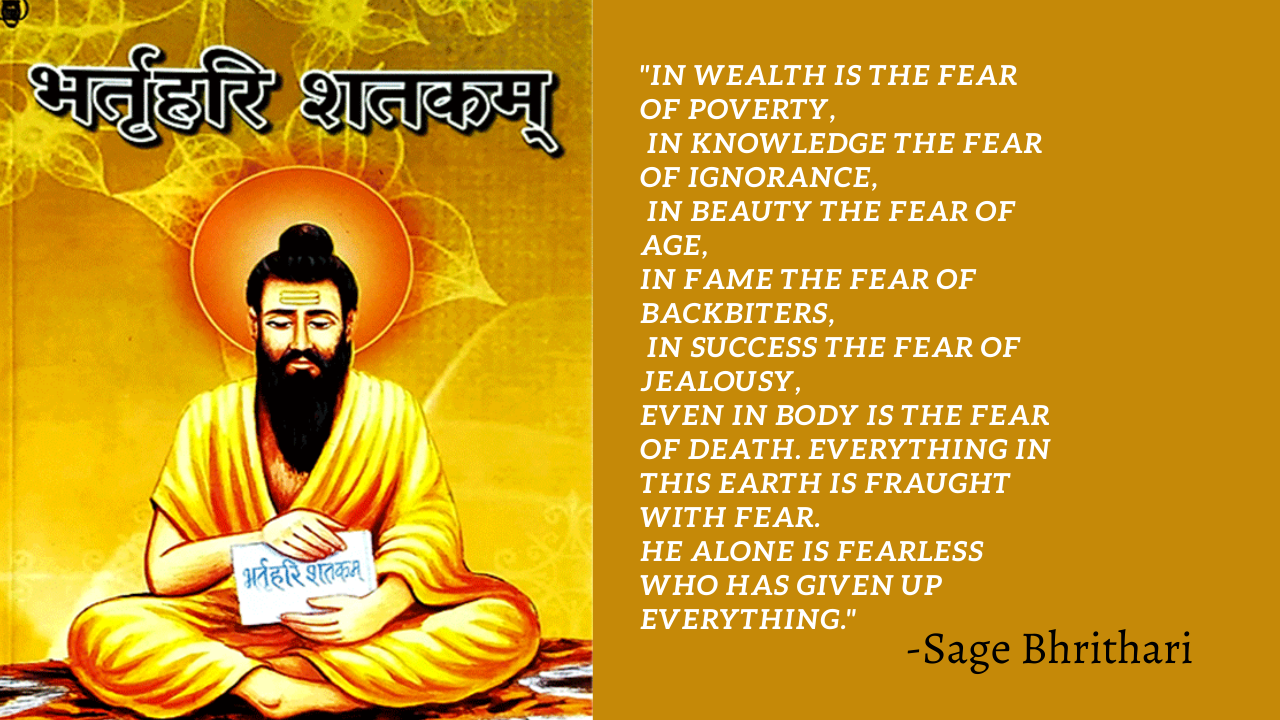Everything Narrow and Negative About Indian History in Textbooks.
Namaste Readers,
Whenever an Indian Youth opens up his Social Science texbook and studies about history, the first thing he learns is that all his forefathers were fools. All his ancestors were slaves of firstly Mughals, then of the Europeans. To give you the exact contrast of the current situation, I can say that the last 300 years of Indian History is glorified and overshown in such a way that it has become like an overchewed bubble-gum :- tasteless and meaningless.
Yes, we ought to learn from our mistakes. It is our duty to remember all our struggles and try to avoid them. It is all very good to honour our freedom fighters who fought for India's freedom till death. But the real problem comes when the Indian Youth is taught only this. The real blow in my heart strikes when I know how narrow our textbooks are.
We all perfectly know what Lord Curzon did, We all perfectly know what Macalouy did, When asked about History of Indian Slavery, We can all mutter like parrots about every single incident with their pin-point dates and timelines. The real issue arises when we don't know what our own forefathers once did.. The mistake we do is to ignore our own cultural heritage our ancestors gifted us. The reason why we are not progressing is that we've lost the soul of our own individuality - our own treasure of knowledge.
Ofcourse I cannot teach you the glorious Indian Culture in a single blog.. The same thing that schools did not teach you in 12 years!
But let me atleast try to give you a rough overview of the grandeur of our ethics. Let me try to cover major aspects of our real culture.
The first and foremost thing we find in Indian Culture is love for knowledge. We Indians are very curious lads, always wondering about the highest questions of life. Thus, you'll notice that the core idea of Indian Ethics is SPIRITUALITY.
All our magical stories, all our festivals, dances etc etc that we are proud of, comes one way or the other considering our spritual aspect. Keep this in mind, the central nucleus of Indian Culture and its entire 8000+ year old History is Spirituality - Love for the highest knowledge. And when spirituality is presented in an objective point of view, we call it Science.
Another element of interest in our culture is this - we indians were not just saints and stuff, but also were masters of society, bravest of kings and cleverest of mathematicians with pin-point precesion in engineering and specifically temple architect.
Some of the marvellous personalities we find in our culture excluding the saints are some heroic fighters and rulers like King Vikramaditya, Chandragupta, Raja Raja Chola and Shivaji Maharaj, Maharana Pratap and Guru Gobind Singh in recent history. Even women were no less than men in all this. Rani Lakshmibai of Jhansi, Durgabai, Rani Padmini and many more. I bet we knew very few of these names earlier. We knows how many such brave people we missed in this list!
In the field of material sciences and mathematics, we find names like Aryabhatta, Bhaskaracharya, Rishi Kannad, Brahmagupta, Madhava, Varahmihira, Nilkantha Somayaji, Nambudiri, Nagarjuna etc. etc.
Talking about grammar and literature, we have some legendary figures like Maharishi Panini, Shri Hemchandracharya, Kalidas, Kabir, Surdas, Narsinh Mehta, Meerabai, Tulsidas and god forbid how many I missed!
In Politics and Economics we have our earliest Lawmaker Manu, Acharya Chanakya and Ram Mohan Roy of Modern times. In Medicine we have Acharya Charaka, Shushruta, Rishi Bhardwaj, Divodas Dhanvantri etc etc.
The most valued practice of Indian Culture is Yoga which even the Western World now accepts and embraces. Maharishi Patanjali was the first to systemise Yoga. In spirituality we have many many saints which I cannot even mention here.
Just think,
How serious mistake we are doing, ignoring all these gigantic personalities. I will not say more now. Let me leave this to you now. This narrowness and one-sidedness of Indian history needs to be changed and improved.
Let us all awaken our ancient knowledge.
Thanks,
Daksh Parekh.












Comments
Post a Comment